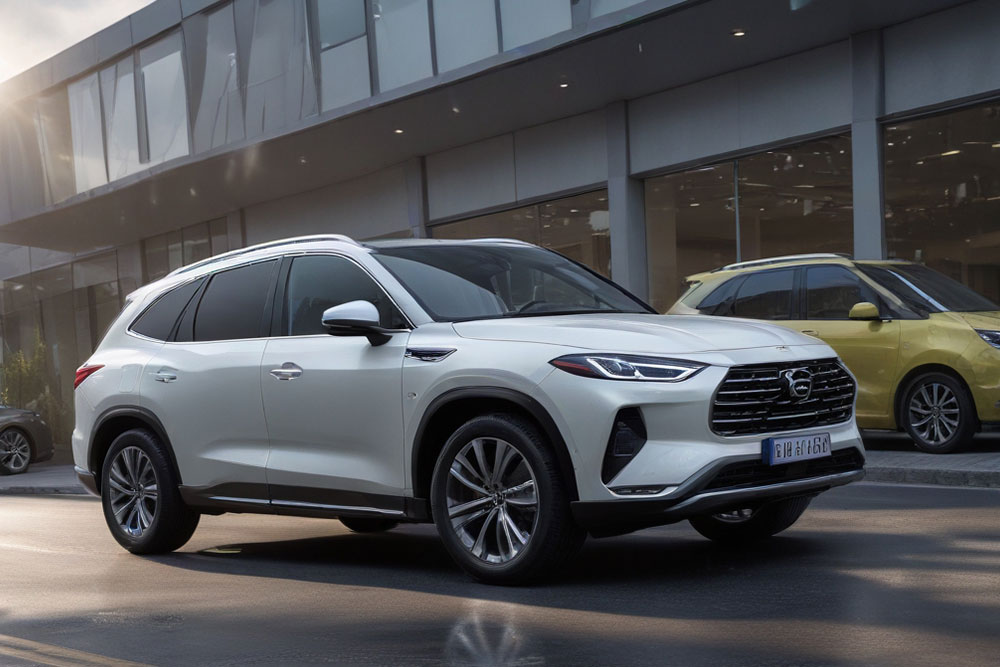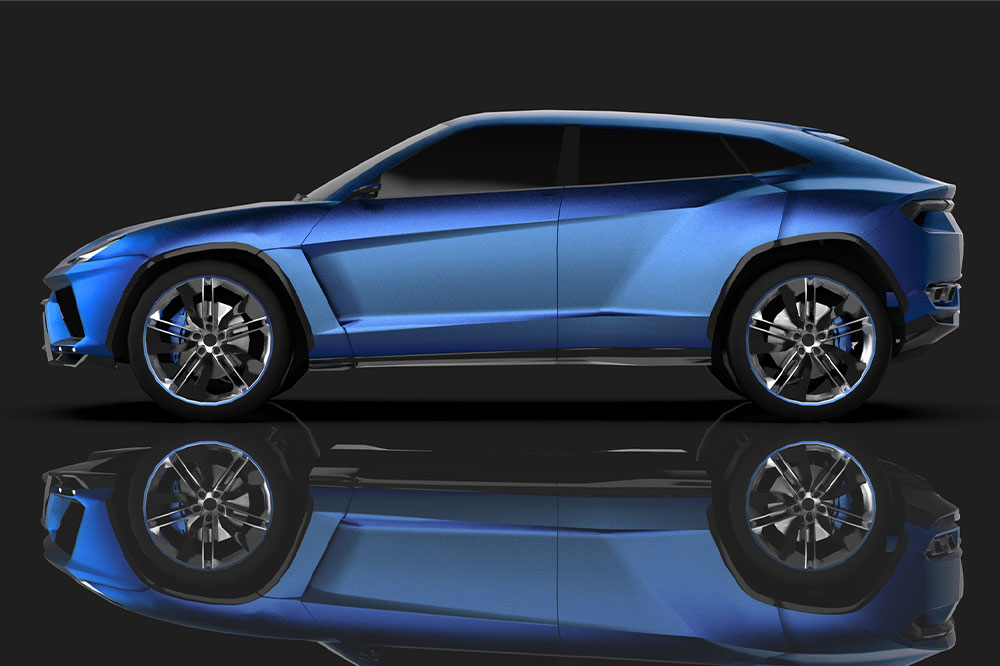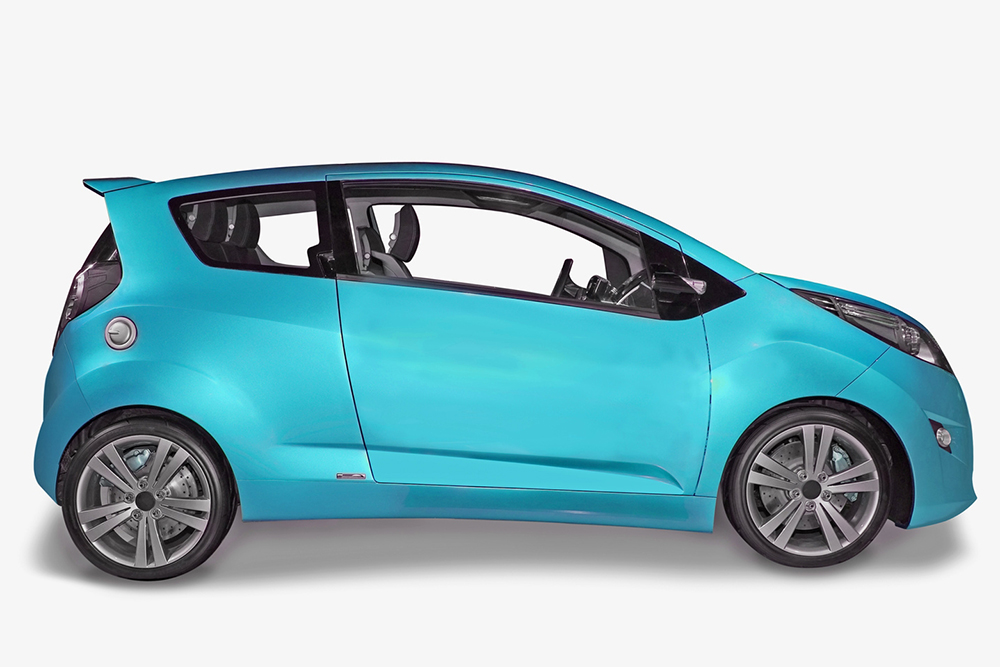Exploring Hybrid SUVs: Key Features, Advantages, and Options
Discover the essentials of hybrid SUVs, including their features, benefits, and buying tips. Learn how these vehicles combine electric power with traditional engines to deliver better fuel efficiency and lower running costs, making them ideal for city driving and long-term savings. This guide covers different hybrid systems, advantages, and key considerations for prospective buyers, ensuring informed decisions on the best hybrid SUV to suit your needs.

Exploring Hybrid SUVs: Key Features, Advantages, and Options
Fuel economy is a crucial factor when purchasing a vehicle. Hybrid SUVs combine an internal combustion engine with electric motors, reducing gasoline consumption. They offer higher fuel efficiency compared to traditional petrol-powered SUVs while maintaining key features typical of standard models. Understanding how hybrid SUVs operate, their benefits, and price ranges is essential for making an informed choice.
Hybrid SUV Features and Specifications
Combination of Internal Combustion and Electric Power
These vehicles integrate an electric motor powered by batteries alongside a combustion engine. They are not plugged in; instead, they use regenerative braking and engine power to recharge the batteries.
Regenerative braking helps recharge the battery by converting kinetic energy typically lost during braking into electrical energy, enhancing fuel savings. The vehicle's computer displays braking intensity, and in emergency stops, traditional brakes are engaged alongside regenerative systems. The electric motor supplements power, ensuring efficient performance without sacrificing utility.
Compact but Capable Batteries
Unlike full electric vehicles (EVs) that have large batteries, hybrid SUVs feature small batteries (~1 kWh), only 1-2% of a typical EV's capacity, enabling features like one-pedal driving and quick acceleration.
Types of Hybrid Systems: Parallel and Series
Parallel hybrids mainly use the gas engine or electric motor, often both at once, depending on speed. Series hybrids primarily run on electricity, with an engine serving as a generator. This setup maintains the vehicle's electric operation at all times, with newer models blending efficiency seamlessly.
Ideal for Urban Commutes
Hybrid SUVs excel in city settings with frequent stop-and-go traffic, providing instant torque via electric motors. At higher speeds, they rely on the gasoline engine, which also charges the electric pack during cruising.
Advantages of Hybrid SUVs
Enhanced Fuel Efficiency
These vehicles help lower fuel consumption and emissions without compromising power. The gas engine kicks in when needed, providing a balanced driving experience.
Reduced Operating Costs
Less frequent refueling and lower maintenance costs benefit owners over time, making hybrid SUVs economical choices.
No Need for Immediate Charging
Unlike pure EVs, hybrids can run solely on gasoline if the battery depletes, ideal for remote areas and emergency use.
Lower Maintenance Requirements
Electric operation at lower speeds reduces engine stress and prolongs brake life. Typically, hybrid SUVs cost around $41,000, varying by model and brand.
When shopping for a hybrid SUV, research different models, features, and your expected usage. Decide on new or used options, checking VIN, ownership history, and condition when buying used. Always purchase from reputable dealers and verify mileage and features to ensure quality.
Note:
Our blog offers broad insights across categories, providing useful information for readers. While our research is thorough, it shouldn't replace professional advice or detailed market research. We disclaim responsibility for data discrepancies and recommend verifying offers and schemes independently.










